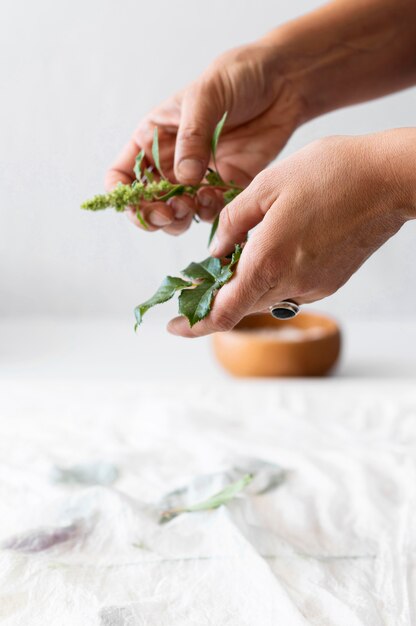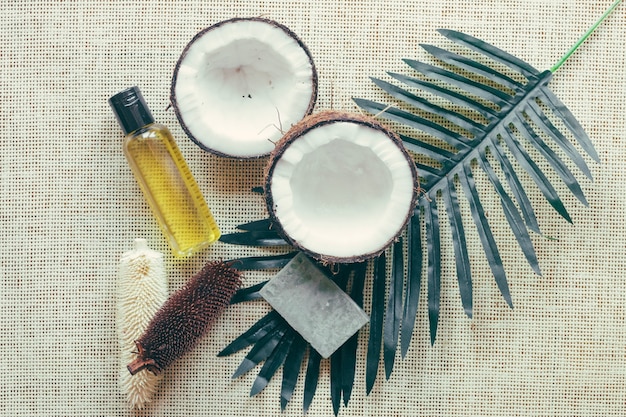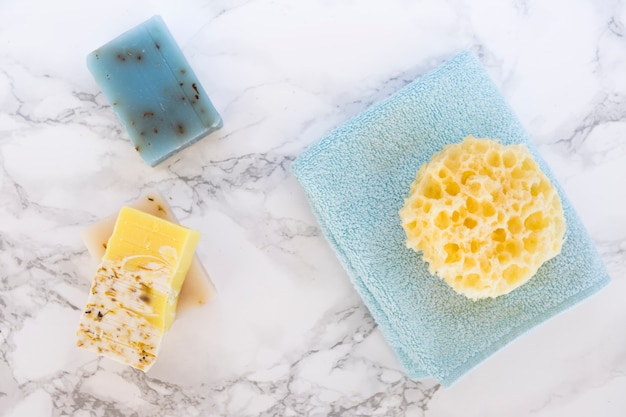
Rosemary, a native herb from the Mediterranean region, is known for its strong aroma and flavor, making it a favorite for home and garden cultivation. Here’s everything you need to know about harvesting and using rosemary for both cooking and medicinal purposes.
You can harvest rosemary anytime. Regular pruning, whether daily or weekly, helps maintain a healthy plant. Just cut the top two or three inches off each sprig. For a larger harvest, wait until the plant blooms and then trim the top few inches, being careful not to cut too close.
To preserve rosemary, bundle the clippings and hang them upside down in a warm area for about 10 to 14 days. Once dry, strip the leaves from the stems and store them in an airtight jar.
Infuse rosemary in vinegar or oil for salad dressings, marinades, or as a drizzle over vegetables and bread. These infusions also make great homemade gifts. Make a garlic and rosemary butter to enhance meats, vegetables, pasta, potatoes, and breads. Elevate grilled fish or roasted vegetables with rosemary and lemon sea salt. Rosemary pairs well with citrus, garlic, peppercorn, butter, olive oil, and balsamic vinegar in marinades. It also complements sweet potato, chicken, zucchini, and chickpea soups. Try rosemary in heirloom tomato salad, Italian potato salad, or atop grapes and feta cheese. Rosemary vinaigrette works well with roasted butternut squash and tangerine salads. Incorporate rosemary into bread doughs like focaccia or pasta like rosemary and black pepper fettuccine. Use rosemary to add depth to desserts like lemon and rosemary sorbet, apple and rosemary mini pies, or rosemary and dark chocolate shortbread bars. Infuse water, iced tea, or cocktails with rosemary for a refreshing twist. Use rosemary in quiches, stir-fries, stews, and roasts to discover its versatility.
Distill your own rosemary essential oil for relief from anxiety, indigestion, headaches, joint pain, and colds. For a simpler option, infuse rosemary leaves in a carrier oil. Improve body odor naturally by adding rosemary to your diet. Use a rosemary and nettle leaf infusion as a post-shampoo rinse to reduce dandruff and stimulate hair growth. Use steam treatments with rosemary to relieve nasal and chest congestion. Diffuse rosemary oil or drink rosemary tea to boost mental clarity and prevent brain aging. Use rosemary tea for heartburn and gas, and apply rosemary oil for toothaches, eczema, gout, headaches, and joint pain. Inhale rosemary scent, use it in a bath, or drink rosemary tea to reduce stress and anxiety. Make a homemade mouthwash with rosemary to kill bacteria and improve oral health. Apply rosemary-infused oil topically for acne, eczema, and wound healing.
Make your home smell amazing by simmering rosemary with fruits and spices. Place rosemary sprigs by doors and windows to repel insects and mice. You can also spray a rosemary essential oil mixture around your home.
Rosemary is a versatile herb with numerous culinary, medicinal, and household uses. Experiment with it to discover all the ways it can enhance your life.



